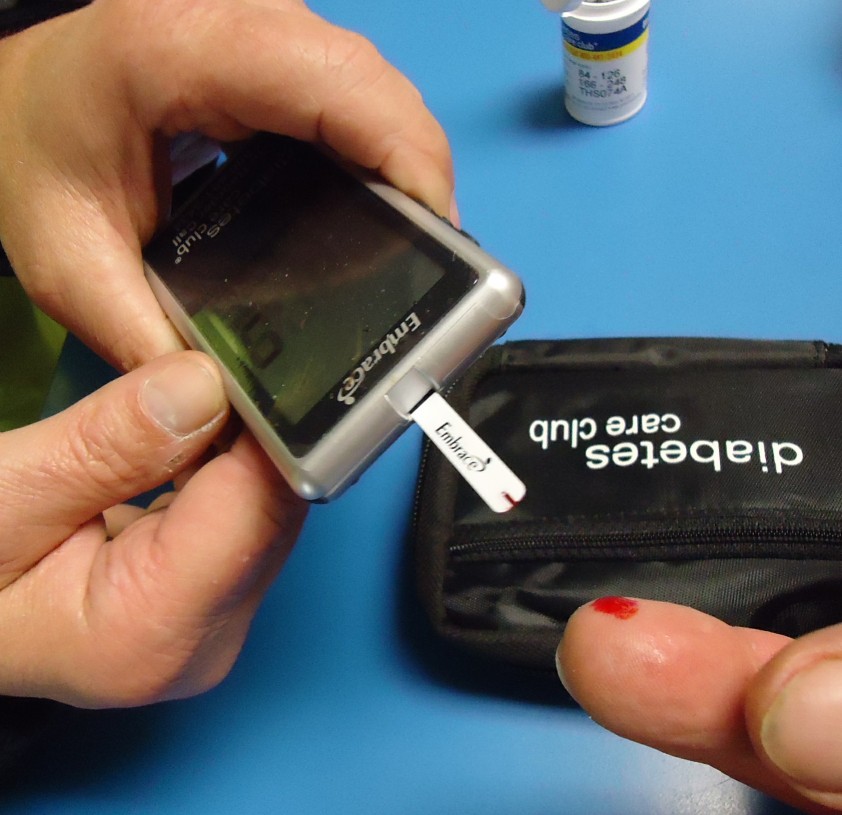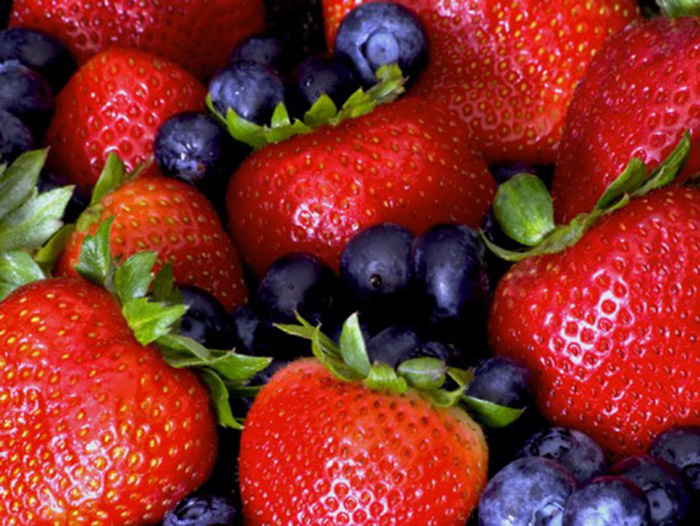
by Dr. Michael Murray | Mar 20, 2018 | Alzheimer's Disease, Diabetes, Healing Food Facts, Natural Facts
Introduction: One of the most exciting natural products in current medical research is berberine, an alkaloid found in goldenseal root, barberry bark, Oregon grape root, and coptis (goldthread) root. I previously wrote a newsletter back in 2015 titled “Berberine: An...

by Dr. Michael Murray | Aug 30, 2016 | Diabetes
We are nearing a tipping point in the realization that the over reliance on drug therapy in treating chronic diseases like type 2 diabetes is literally a dead end. A new study published by Mayo Clinic researchers finally states what has been demonstrated repeatedly in...

by Dr. Michael Murray | Jan 19, 2015 | Diabetes
How to prevent long—term complications of diabetes and balance your blood sugar with natural products Diabetes is a serious chronic disorder that’s associated with numerous long-term complications if not properly controlled. The main four areas of the body affected by...
by Dr. Michael Murray | Nov 1, 2013 | Awareness month, Diabetes, Monthly Condition
Introduction The statistics on the growing epidemic of type 2 diabetes are staggering as it is now estimated that over 100 million Americans have diabetes or prediabetes and are at high risk of developing diabetes. If things do not change one-half of all Americans...

by Dr. Michael Murray | Oct 1, 2013 | Diabetes, Natural Facts
Introduction The research is quite clear – oral medications to treat type 2 diabetes do not alter the long-term progression of the disease. While these drugs can be quite effective in the short term, several different types are associated with an increased chance of...

by Dr. Michael Murray | Sep 3, 2013 | Diabetes
Introduction While fruits are rich in fiber, antioxidants, and phytochemicals that provide considerable beneficial health effects, they also contain natural sugars that have the potential to stress blood sugar control. As a result, many people with diabetes strictly...








